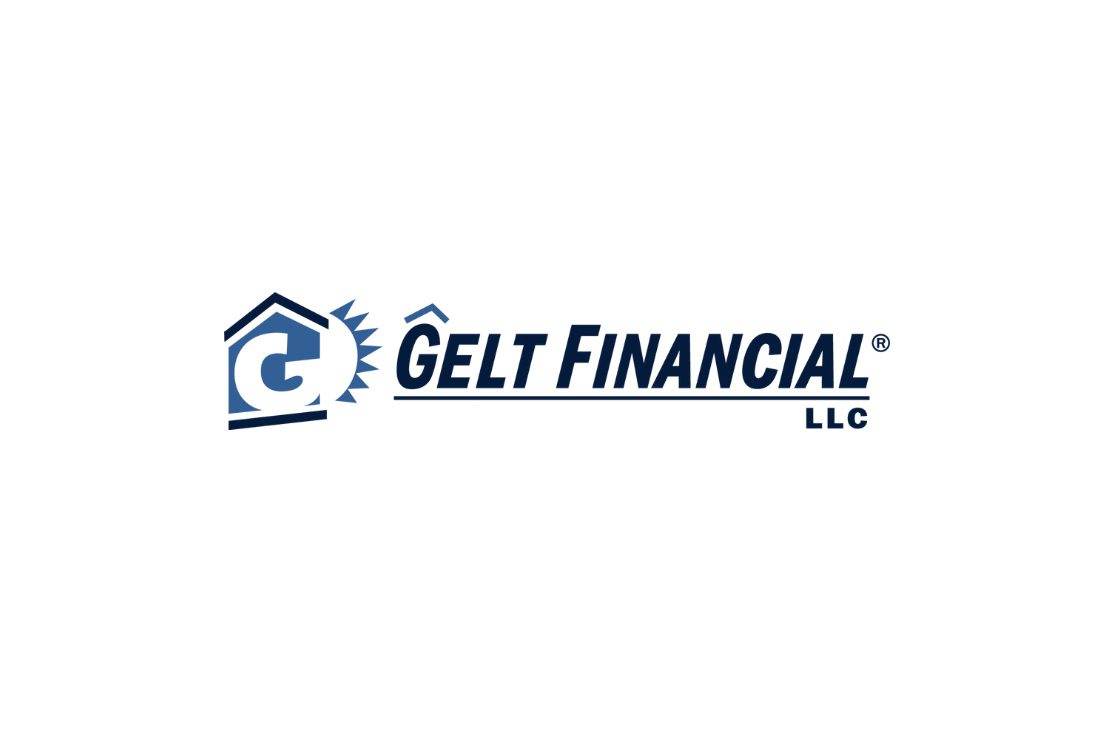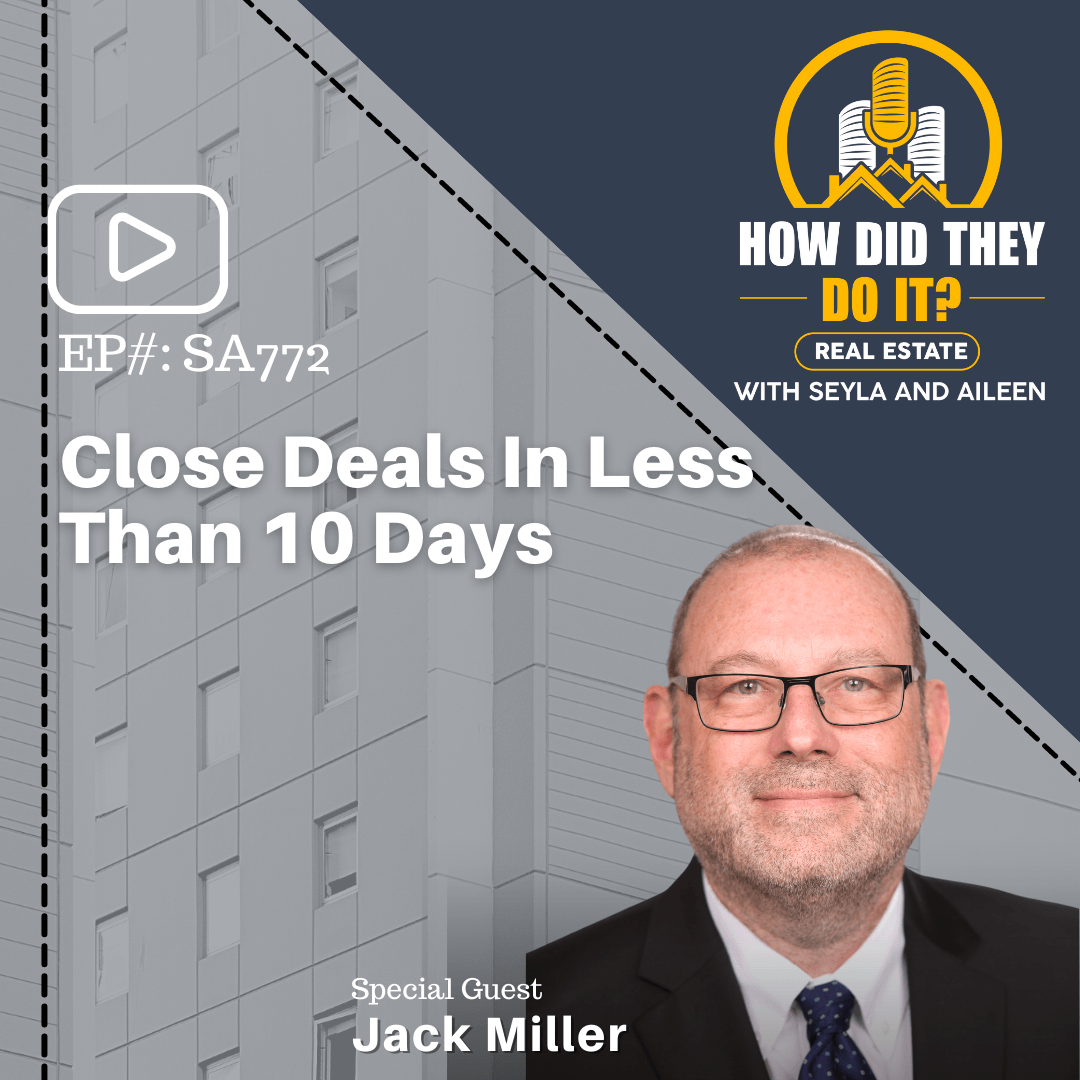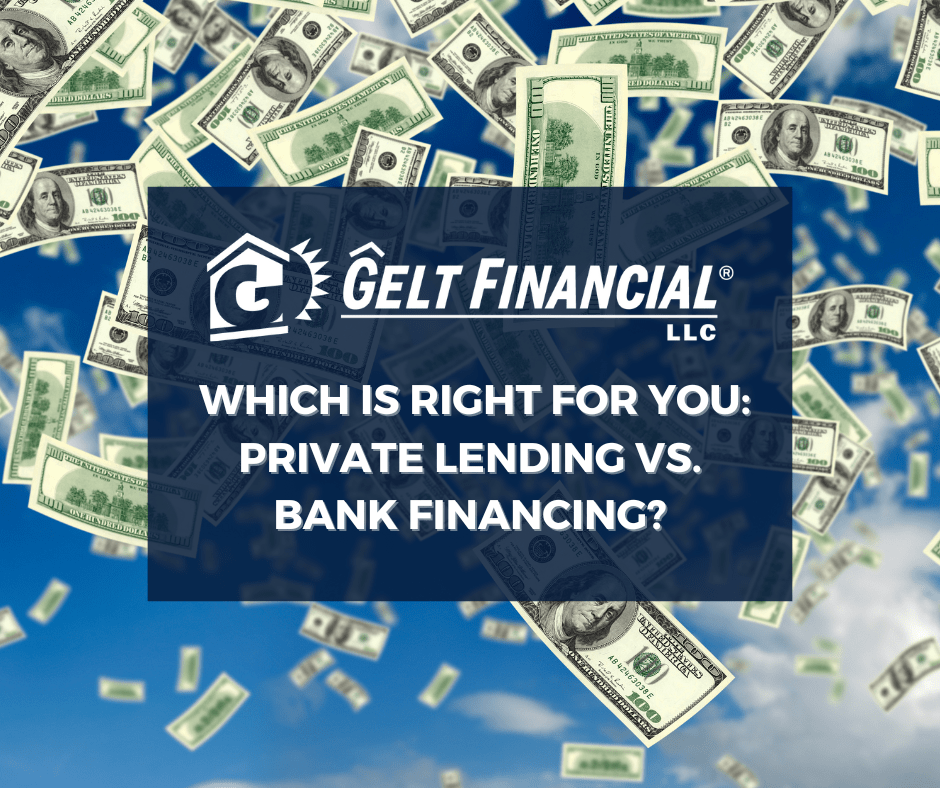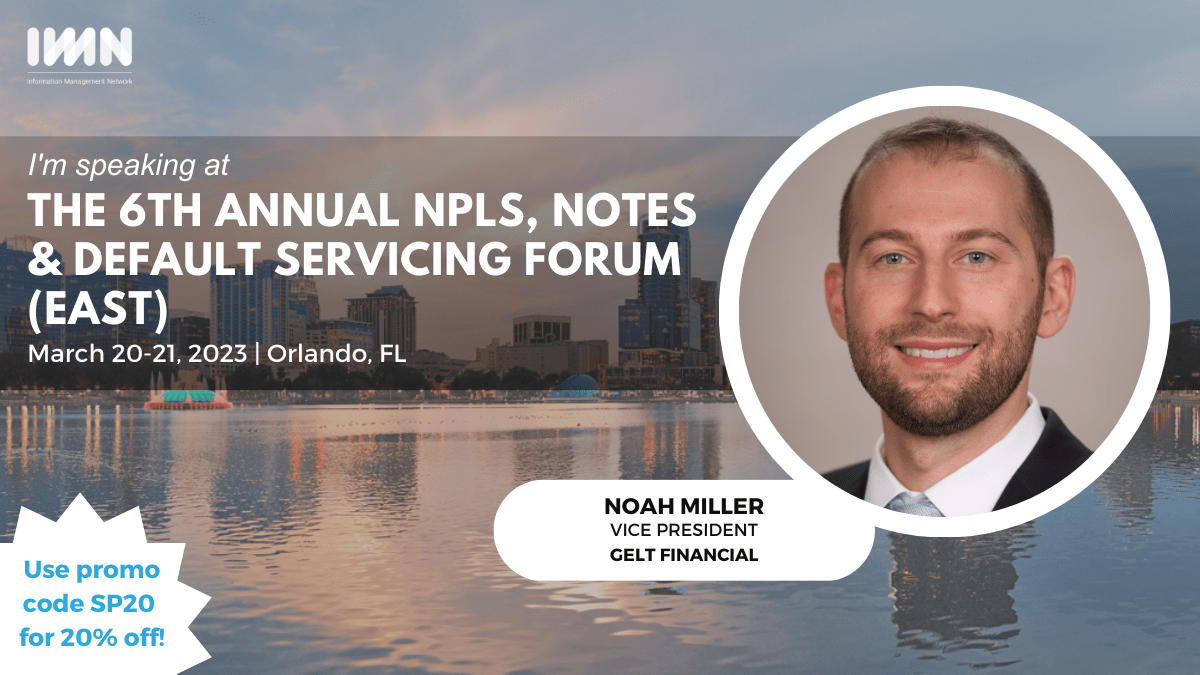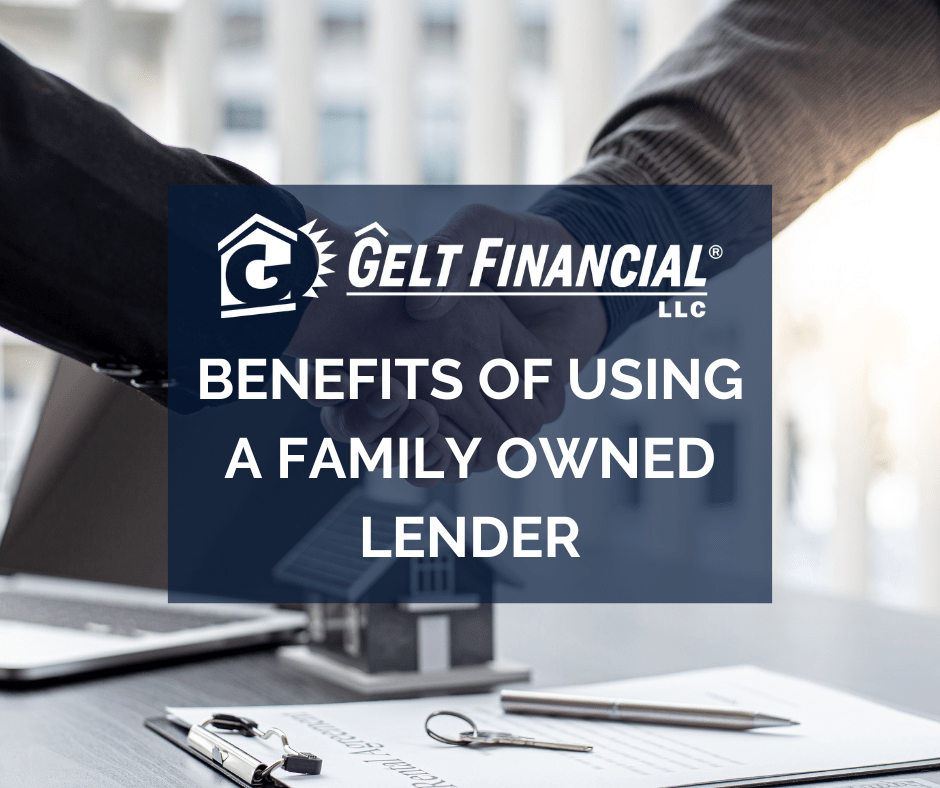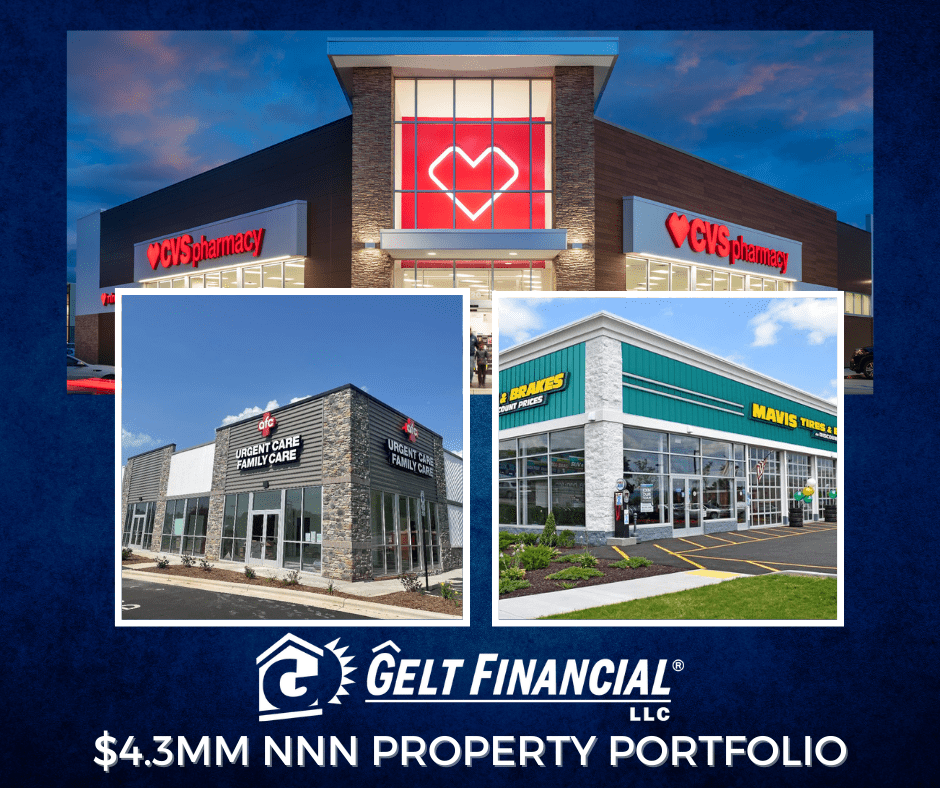Is Gelt Financial a Hard Money Lender or a Private Lender? Whats the difference?
What is a subprime lender?
“Hi, I hope you’re having a good day. I want to make this video and talk a little bit about what’s the difference between a hard money lender and a private lender today, and I’m making this May of 2022. It’s a pretty hot topic in a lot of the industry, so I want to take you back and maybe give you a little history.
First of all, I want to tell you that I don’t think there is any difference, and I don’t even think that’s the right question. People use the different terms hard money lender or private lender for political reasons and for marketing reasons but let me take you back a little bit in history, and I’ll tell you why I’m jumping to my conclusion and why that’s not the right question to ask for anyone. The question is: where… what’s the source of the capital? That’s a more important question.
So, when I started the company in 1989, there was no such thing as really hard money lenders. People didn’t advertise that. There were lenders who did really what we call hard money deals, and those were really foreclosure bailouts, really the worst of the worst credit. And they were a lot of own-to-loan-to-own shops, and they would charge 18% to 24%, 10 points, one-year terms. But what we… what we call hard money and private lend– money lending now was called non-conforming lending then.
So back then, it was just Fannie Mae, Freddie Mac, FHA, and VA, and everything else was non-conforming lending. And we were a non-conforming lending shop. Somewhere along the line, as a result of government pressure to… for more… the government put pressure on lenders to increase home ownership to those who couldn’t afford it. Someone came up with the conform “subprime lending.” So, everyone became subprime lenders that wasn’t Fannie, Freddie, FHA, or VA. Whether they were a real hard money or someone who’s just slightly fell outside of the Fannie or the A, what I call the agency guidelines, so everyone was a subprime lender.
As a result of the crash of 2008-2011, everyone put blame on everyone, and the government put blame on the lenders, and none and it’s subprime became a very dirty word. The subprime lenders caused all the crisis and self-understood the government and their regulatory policies didn’t have anything to do with it. I say that in quotes. I think they caused it but either way, and subprime became a very, very dirty word. So, then people started to use the word “non-QLM.”
So, non- QLM, to most people, means something that’s slightly outside of the Fannie and Freddie or FHA and VA agency guidelines, but it’s not a real, real dirty deal. And those were all of a sudden, we had a lot of non- QLM lenders, and for the most part, they package those non-QLM. and sold them off in either securitizations, micro securitizations, but ultimately to the secondary market or Wall Street. And this is what matters most, I think, is where the lender is getting their money. This is what borrowers and brokers should focus on.
So, then the hard money became in vogue, is the word people were calling everyone who wasn’t an agency a hard money lender. You know, and really what’s the definition of that and you know you could say Gelt Financial and I’m only going to speak about me and our company, is a hard money lender. You could say we’re a non-qlm lender, you could say we’re a private lending company, private money lending, or you could say we’re a subprime lender or you could say we’re a non-conforming lender. The truth is, it’s all above. To me, a borrower, and its only personal opinion, who has good credit for whatever reason can’t go to the agencies, but really it is a quality individual and quality real estate. It has nothing to do with a quality individual. They have decent credit, maybe they can’t verify their income, you know that’s I wouldn’t say that’s a hard money deal in my mind, that’s a soft hard money deal, but that’s what I call a private mortgage deal or just a regular deal. You can call it subprime; you can call it whatever you want.
But you take someone who has good credit, maybe they don’t verify their income, I’ll use that as an example and we do those deals all the time, and we give them a rate in terms commensatory with that. And then you have someone who let’s say is in foreclosure for three or four years, let’s say it’s not COVID related, let’s say they have terrible credit, they’re just a real mess, but they have a good property, you know are they the same hard money as the guy who just can’t qualify for a Fannie loan? They’re not, they’re totally different.
So, people use the word hard money to both private mortgage lending to bundle everyone together. You know and I think that’s an unfair assumption, I think that’s a wrong way to look at it. I looked at a bunch of YouTube videos and it
seems the consensus is on YouTube, and I disagree with these people that a hard money lender is generally someone, a company, whether it be a regional or a national company, who’s selling their loans to the secondary market or they’re not funding themselves or they’re funding them on a warehouse line and selling them. And I think that’s wrong. And they also, a bunch of people with highly rated videos said that a private mortgage lender is lending their own money. Maybe they’re a doctor, lawyer, Indian chief, who knows, retired banker who maybe has a million or a couple hundred thousand and he’s making his own decisions.
And I think that’s wrong. My definition is a hard money lender is someone who’s doing a hard money loan, and to me, a hard money loan is someone who has real credit problems, and the loans really challenge them. They deserve a rate commensatory with that because it’s risky. But that’s not the same loan that is a soft loan, that is a light fallout. A perfect example is about 50% of the deals we do at Gelt Financial are deals that are bank quality loans. They can go to a bank, but somewhere along the line, the bank turned them down. At the last minute, someone dropped the ball, we closed them on our books, we don’t sell them off, and then they refinance the loan within six months or a year.
In a bank, to me, that’s not a hard money loan. I apologize, I had a pretzel right before this, it was a bad move. That’s not a hard money loan. I would say it’s a non-conforming loan, but they’re all put in the same bucket, and I don’t think that should be. We actually used to grade our loans A, B, C, D, and E. Its self-understood A was the best and E was the worst. I think it may have been F we took it to foreclosure bail, it was the worst, but I think it should be rated that way. But I think a more relevant topic is what you call—whether you call yourself a hard money lender or a private mortgage—a private lender. It doesn’t matter what that, what you call yourself, you know. You can call yourself anything you want. It’s what you deliver. I think what matters, and this is the point I’m hoping to drive across, is where the lender gets funding from because that’s what—that will determine how they deliver and what they deliver to the end user, with the mortgage broker or the borrower.
So let me run through the gamut. You could have an individual who has his own money, maybe again he’s a doctor, lawyer, retired Indian chief, banker. He has a couple hundred thousand or a million, and he lends out money. Whatever rate he’s charging, whatever term he’s charging, he’s not going to anyone else. He’s lending his own money. You could call him a private mortgage lender, you can call him a hard money lender, and I’m guessing some of the deals he does are hard money, and some of the deals are private mortgages, but it’s both the same thing. But he’s not going anywhere else to get the money or, more important, to make the decision, or as important, he’s not taking direction from anyone else. He’s making the decision based on what he or she wants to do and has the capability to do. Then to the other extreme, you have lenders, again whatever they’re called—hard money or non-conforming lender or private mortgage money lenders, which the new thing is people don’t want to use the term hard money, they want to use the term private mortgage lender. I’m fine with that. I think that’s more appropriate, actually. They—some of those package their loans and sell them off to Wall Street or the second, some secondary market source. Now, keep in mind when they do that and there’s nothing wrong with that, we don’t do that now at Gelt, but it was a time when we did that. There’s nothing wrong with that, nothing wrong with it. It’s a perfectly legitimate business model and it works usually.
The first guy, you’re going to get more expensive terms with but more flexibility. And the company that sells their loans off to Wall Street, usually, they’re going to offer a more competitive rate but more restrictive documentation and more restrictive terms. And they’re not making the final decision they say they are, and a lot of lenders say, “Oh, we’re funding the loan,” but really, they’re immediately selling the loan off. And they may fund it on a warehouse line or table funded or be a correspondent lender, but it’s pretty much as soon as they close that loan, it’s being sold off, and they’re laying the credit risk off. Again, nothing wrong with that. I’m just trying to illustrate the differences. Then you have in-between companies that don’t sell their loans off and use a combination of their money and outside investors’ money, and this is more of a Gelt type approach. So let me back up, I forgot one thing. The company that sells all their loans off, as soon as something happens in the marketplace, they could be paralyzed.
So, what happened during COVID? There were a few big companies, in fact, probably the top four or five major companies, whether you call them private mortgage lenders or hard money loan mortgage lenders, COVID happened, and they shut down. They froze, they laid people off, they stopped doing deals. They didn’t care if your deal was a day away from closing or not because they were taking direction from Wall Street or ultimately the buyer of their loans. So,
if they didn’t have an end buyer for that loan, they couldn’t originate the loan. And a lot of those loans they got stuck. They had to sell those loans at discounts because they didn’t have the capital to hold them on their balance sheet. So, one of the downsides to selling off loans is you’re ultimately taking direction from somebody else, and you don’t, if that direction changes, what could change? On a whim, they don’t give you notice when this happens. I’ve been doing this for many, many years, you don’t get notice, it just happens. They say, “We’re not buying it, what we bought yesterday, we’re not doing today. We’re either changing the guidelines, changing the pricing, or something’s changing, or we’re not doing it.”
And there’s a hybrid, you know what Gelt Financial does currently, and we’ve done all of the above, is we use some of our balance sheet, but we also invest or co-invest with some high-net-worth individuals. Most of them are family offices who, frankly, are absentee or very passive investors. Who we build up relationships over years and decades and decades, and they invest their money on really riding on our backs. So, we underwrite the loans, we close the loans, we service the loans, we don’t sell them off, we’re not subject to the secondary market whims.
And as a result of that, we’re sort of an in-between shop. When COVID happened, we frankly did a lot of business because a lot of people got shut down where we were still doing business. You know, there’s not one or the other that’s better. I’ve been involved with all three that, and I just gave you the three, and there’s a bunch of hybrids in between. There’s fractionalized loans, there’s all kinds of other stuff. I’m just trying to illustrate, not bore you to death. We’ve done all of the models that you could think of. It’s not one is bad, and one is good. It’s what’s right for the owners and the company.
But my point that I want to drive home, if I was a borrower or I was a mortgage broker, I wouldn’t focus so much on what the lender calls themselves. It’s where they get their funding and what can happen. give you another example you know we’re in an increasing interest rate environment so in the residential owner-occupied field what’s happening is a lot of lenders took in loans promised low rates to borrowers… took in loans promised a certain rate to a borrower or let’s say a four and a half percent rate of four percent rate and well the fed raised the rates they raised them 75 basis points so far the fed announced they’re gonna have two more they’re talking about two more raises of 50 basis points each so a lot of these lenders have pipelines that they promise borrowers rates that they can’t deliver on so what’s happening they’re finding that they’re not going to close the loans and lose money but they’re rejecting loans for you know you were 30 days late we liked your loan three two months ago and we took the application or 30 days late ago but all of a sudden you were 60 days late on a 19 on a sears bill in 1967 so we’re not reach we’re not doing the deal lenders are finding ways to get out of loans because because they didn’t have the proper hedging or the company didn’t have the proper hedging so when interest rates goes up and there’s a a major recalibration in the market there’s fallout there’s just fallout pipelines fall apart and excuse the expression poopoo rolls bad stuff rolls you know the big guy in new york or who wherever who’s buying this says to the lender oh i know we have a forward commitment to you to buy a hundred million dollars at four percent but guess what rates have traded we’re not honoring that commitment by the way that’s happened to me time and time again so i think what’s relevant to borrowers and brokers is to really know what type of operation you’re dealing with are they lending their own money are they making the decisions are they subject to selling it to wall street not to selling it you know what’s happening and there’s another thing which we didn’t talk about which is important is the guy who’s lending his own money or a company like gelt who is servicing their own loans you know you know who you’re dealing with if some you originate alone with xyz lender and they’re selling it off to the secondary market they’re probably not going to service it you know you’re going you try talking to them when something goes wrong when you need an extension or you need a waiver of the grace period so there’s always something there’s give and take in each scenario you know the guy who’s selling it off in bulk chances are to be candid with you’re going to get the best pricing with them the guy who’s holding the loans chances are the pricing isn’t going to be good but they’re more flexible like anything else there’s give and take in this world but it’s not so cut and dry who’s a hard money lender who’s a private mortgage lender private lender and to be candid with you it doesn’t matter again as i started off saying i watched the other night three or four of these YouTube videos and each one had their own definition most of the people who who did the youtubes no criticism to them they’re not in the business they haven’t been in the business they don’t know what goes on behind the doors and it’s a lot different so i would ask if i was a borrower where do you get your money that’s more important than what you call yourself there is a trend to get rid of
the name hard money i think hard money has a place but hard money should be defined as hard money there’s a big difference between someone who is for example a foreclosure bailout than a guy who just can’t verify his income you shouldn’t put them both in the same basket in terms of risk rate and labeling and they should get different rates and they should get treated different in terms of the risk level we at Gelt use a risk reward system or a risky that’s what it is a risk reward the greater the risk you know the greater the reward has to be it has to offset it i think some companies do that some companies don’t i don’t know if i went on too long or not i hope you found this useful if you did if you have any questions leave your comments feel free to like the YouTube channel and again i and certainly answer comments but i just wanted to make this little video it’s not so like 16 minutes already to clarify what’s the difference between a hard money lender and a private mortgage lender and the answer is there’s no difference there’s no difference it’s all marketing it’s all spin but the real question should be is where are they getting the money to fund you and how flexible they’re going to be to you and based on that you should make your decision anyway take care and have a great day.”
Category: Education






